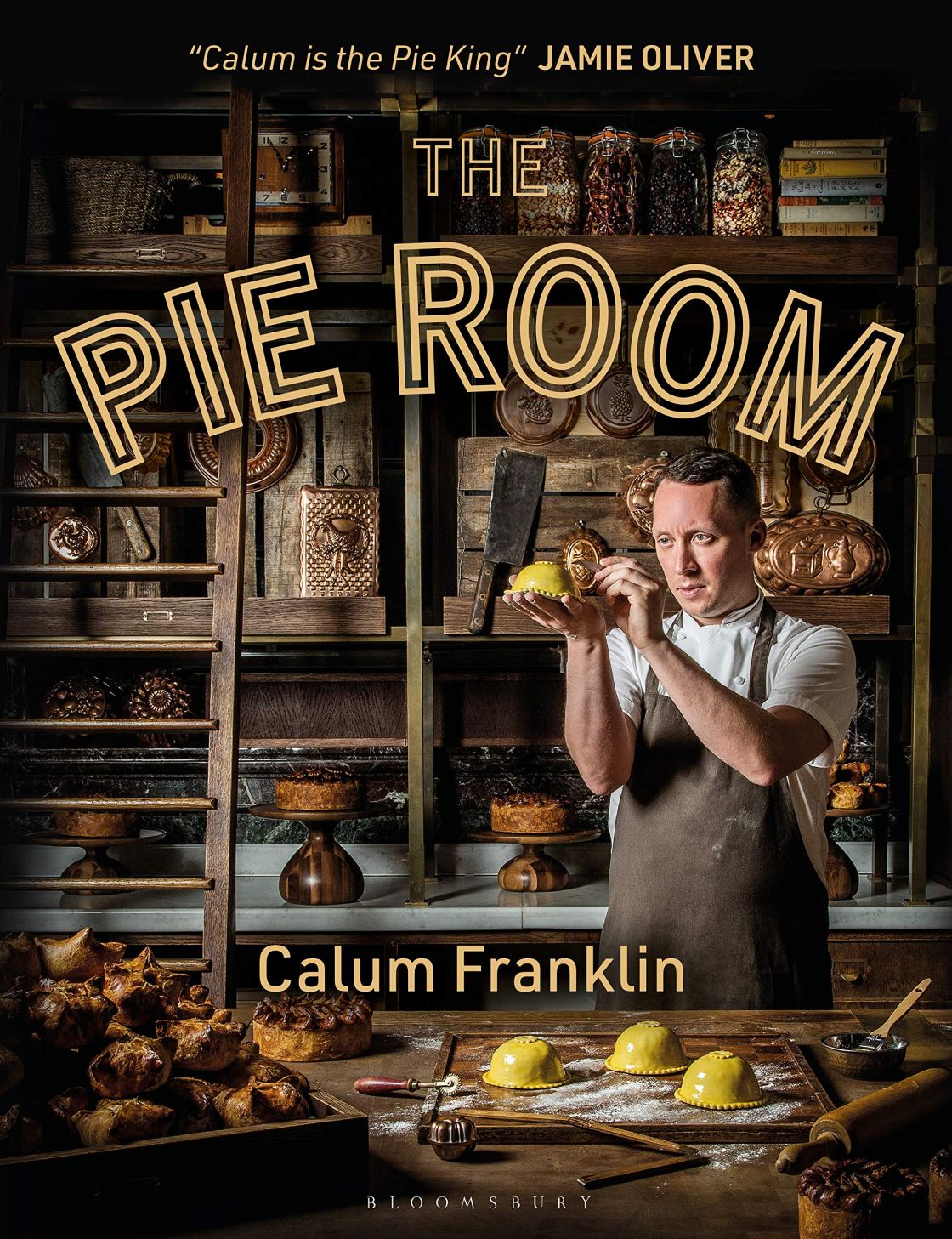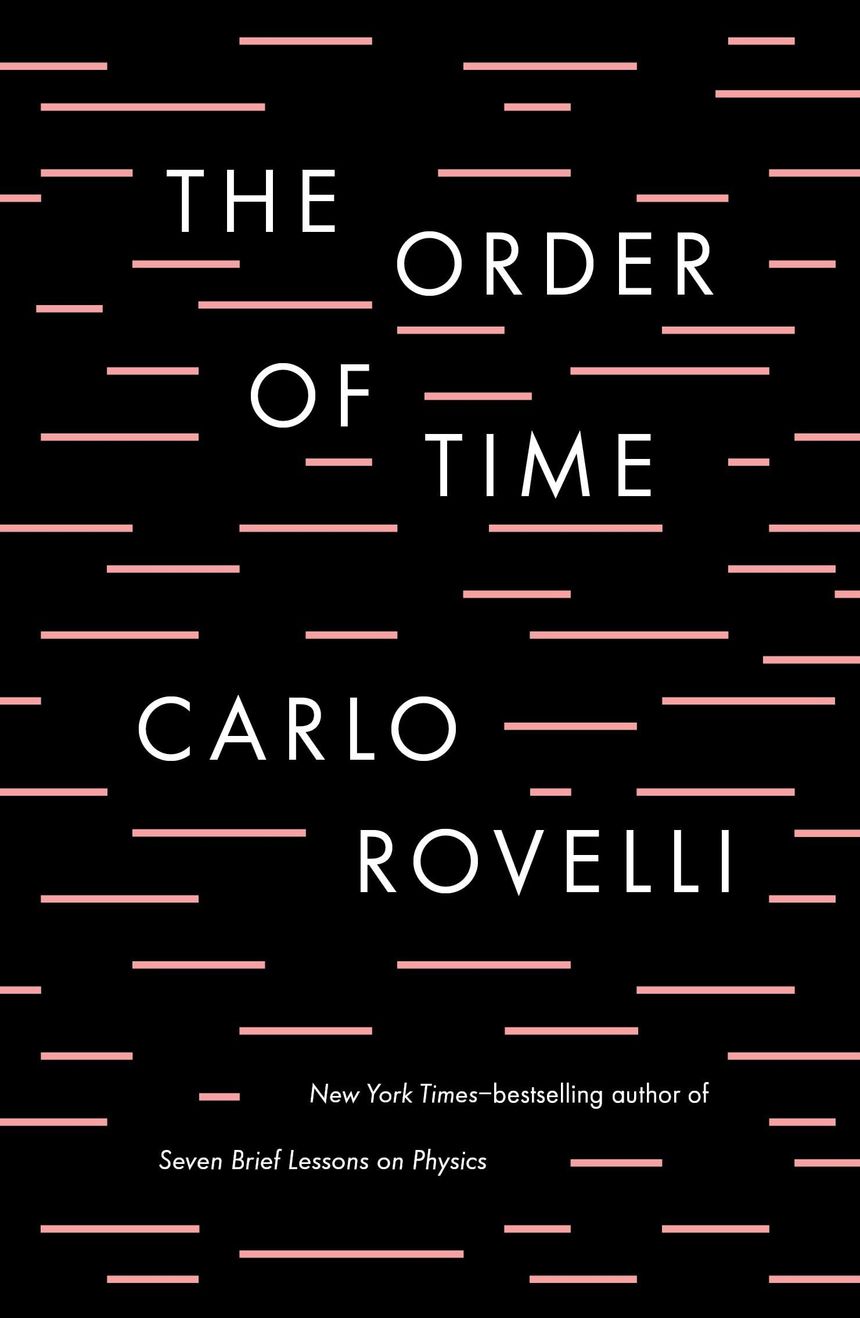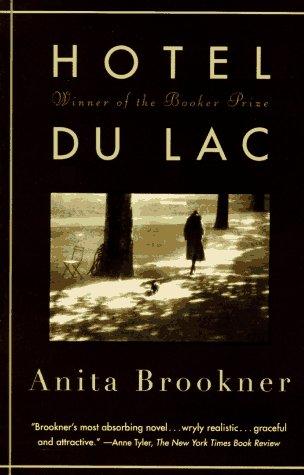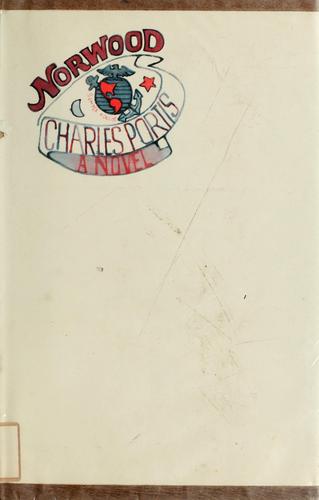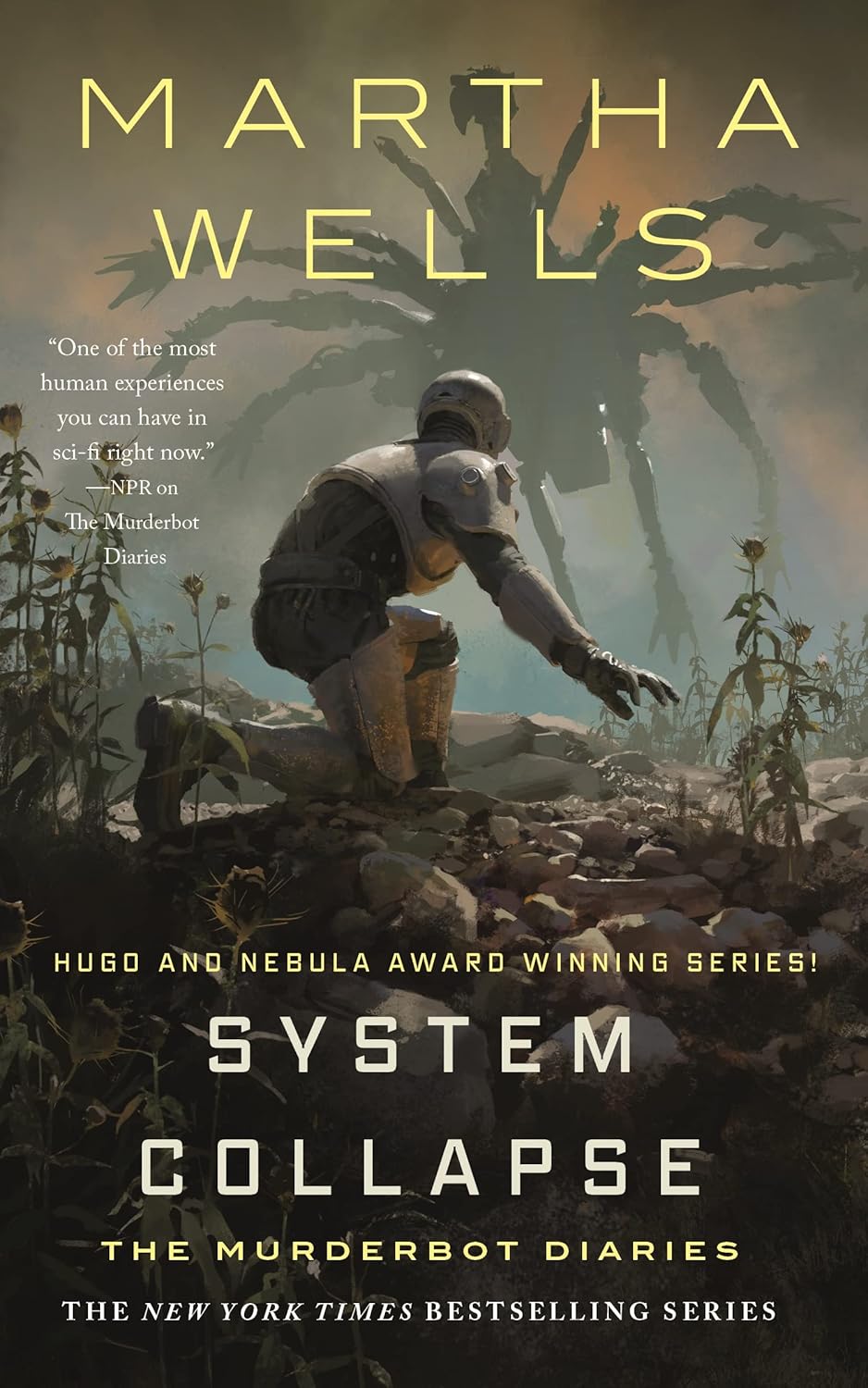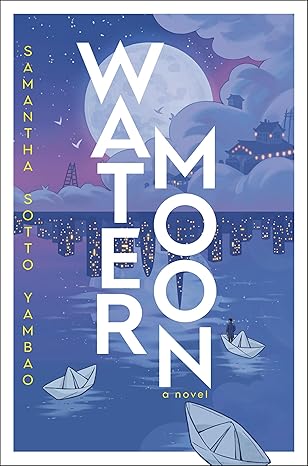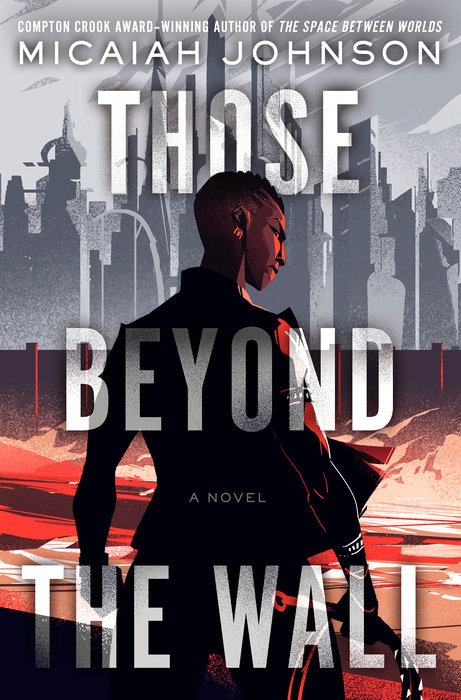Fun to look through! I tried the puff pastry recipe and it worked just fine, but it could have been written more clearly -- I found it a puzzle to figure out how many turns you were meant to do. And the photographs along side it showed a different (but ultimately interchangeable) encasing technique than the text describes. I'll probably try a hot water crust recipe before it goes back to the library.
Reviews and Comments
it's me, I'm the creator and admin of BookWyrm. Buy me a book
try me at @tripofmice@friend.camp for non-reading content and @bookwyrm@tech.lgbt for technical stuff
This link opens in a pop-up window
mouse commented on The Pie Room by Calum Franklin
mouse commented on The Order of Time by Carlo Rovelli
mouse rated The Return of Martin Guerre: 5 stars
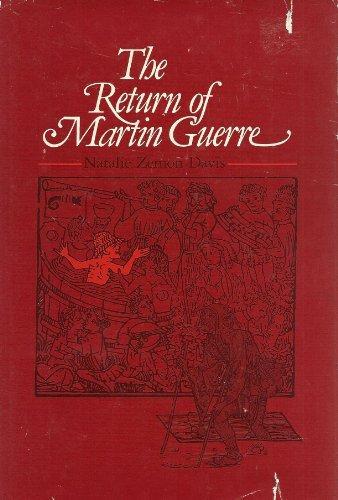
The Return of Martin Guerre by Natalie Zemon Davis
Tells the story of a sixteenth-century French imposter who convinced a peasant woman and her family that he was her …
mouse started reading The Return of Martin Guerre by Natalie Zemon Davis
mouse reviewed Hotel Du Lac by Anita Brookner
mouse finished reading Norwood by Charles Portis
mouse finished reading The Life-Changing Magic of Tidying Up by Marie Kondo (The Life Changing Magic of Tidying Up, #1)
I got this from the library out of curiosity -- it was such a thing ten years ago, that even though I never read it I felt like I knew everything in it by osmosis. I was reminded of it because I am approaching my first year anniversary of living in my new place and I thought it might be fun to follow this book as a bit. But ultimately it's seeped so thoroughly into the mainstream consciousness that commentating on it didn't seem that fun.
There is however one thing which no one told me: at one point she genuinely claims that completing her method will often cause people to have diarrhea.
mouse finished reading Legal Plunder by Daniel Lord Smail
mouse finished reading System Collapse by Martha Wells (The Murderbot Diaries, #7)
mouse stopped reading Water Moon by Samantha Sotto
mouse stopped reading Those Beyond the Wall by Micaiah Johnson (The Space Between Worlds, #2)
mouse started reading Those Beyond the Wall by Micaiah Johnson (The Space Between Worlds, #2)
I re-read The Space Between Worlds to refresh my memory when I saw that this was out, and I was nervous to see what this would be, since that story felt.. concluded. But seeing that it's following different characters is a relief! I'm curious to see where it goes.


